China announced on April 19 that it would impose anti-dumping sanctions of more than 40% on a chemical imported from the US, used in food, pesticides, pharmaceuticals and pharmaceutical intermediates. This is considered a "reciprocal retaliation" by China against recent US actions, according to the South China Morning Post on April 19.
According to China's Ministry of Commerce, from April 20, traders must pay corresponding taxes to Chinese customs when importing US propionic acid, which is about 43.5% of the additional cost.
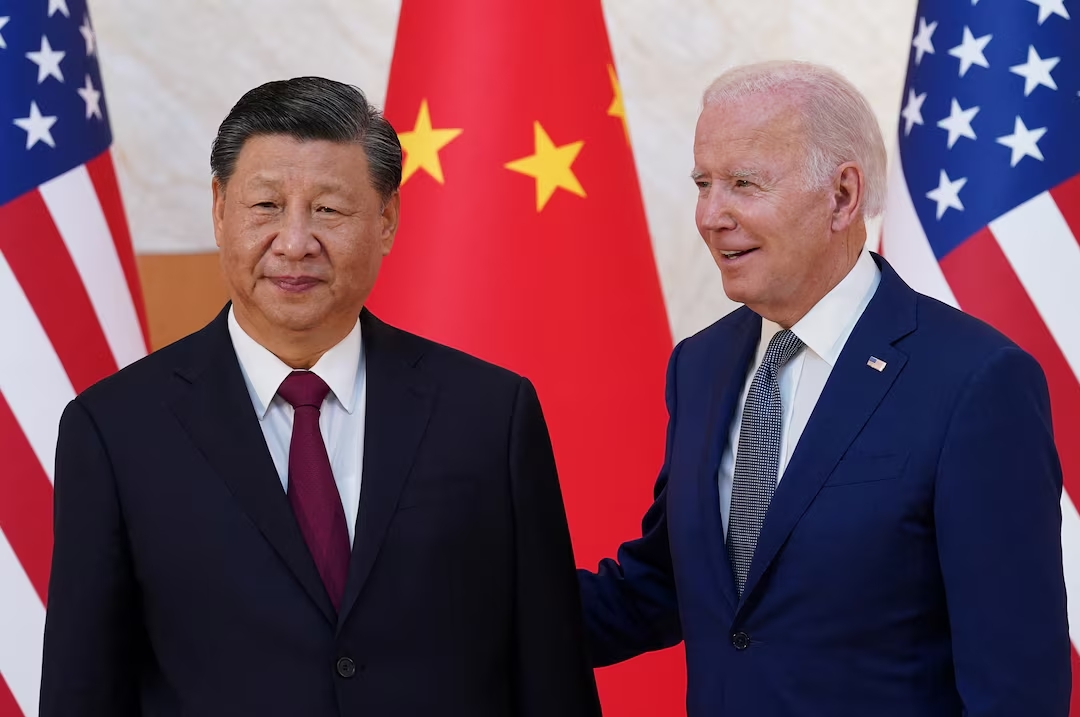
US President Joe Biden meets with Chinese President Xi Jinping on the sidelines of the G20 leaders' summit in Bali, Indonesia, on November 14, 2022.
After launching an investigation into the chemical in July 2023, China's Ministry of Commerce said imports from the US had harmed its domestic industry. The investigation found that total imports of propionic acid from the US remained relatively high from 2019 to early 2023, accounting for a market share of 13% to 16% in the first three months of 2023.
"During the investigation period, the demand for propionic acid in the domestic market generally showed an increasing trend. The favorable market conditions should have been conducive to stable or rising prices. However, the prices of domestic and imported products showed a sharp downward trend," according to China's Ministry of Commerce.
The import price of propionic acid from the US has always been lower than similar products produced by domestic companies, according to China's Ministry of Commerce.
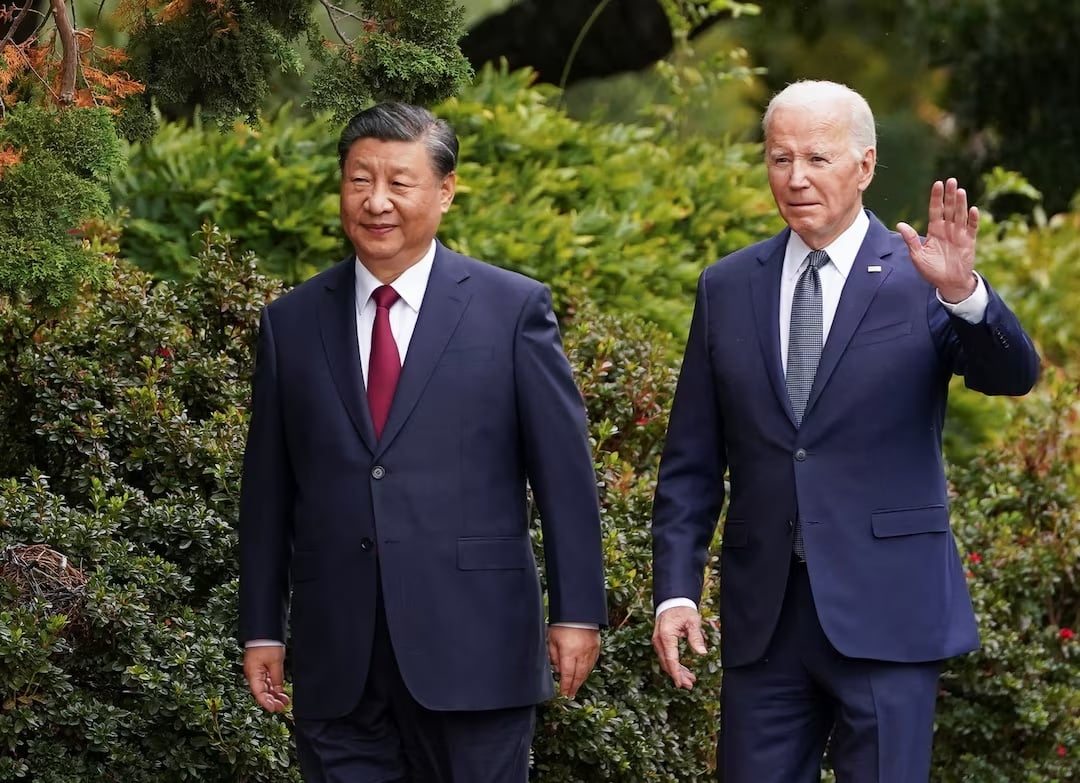
US President Joe Biden (right) walks with Chinese President Xi Jinping on the sidelines of the Asia- Pacific Economic Cooperation (APEC) Forum in California (USA) on November 15, 2023
The announcement came after President Joe Biden directed the Office of the United States Trade Representative (USTR) to consider tripling the current 7.5% tariff on certain steel and aluminum products under Section 301. In addition, the US announced an investigation into China's maritime, logistics and shipbuilding industries, accusing Beijing of using "unfair, non-market policies and practices" to dominate the sector. Both announcements were made on April 17.
China's Ministry of Commerce said on April 18 that it was "dissatisfied" and "firmly opposed" to the USTR's investigation, stressing that the proposed tariffs on Chinese metal products were "typical unilateralism and protectionist acts."
Trade tensions remain high between the world's two largest economies , despite recent meetings and interactions between senior US and Chinese officials.
US lawmakers angry that Huawei computers have Intel's new AI chip
"While the US and China continue to take tough actions against each other, they also need to send a signal that the relationship is stabilizing," said Stephen Olson, an expert at the Yeutter Institute for International Trade at the University of Nebraska Lincoln.
"China needs to do this to reassure the US and international business community that China remains an attractive place to invest. And US President Joe Biden needs to demonstrate to voters that he can manage the relationship with China responsibly, in contrast to the chaos of the previous Donald Trump administration," Mr. Stephen Olson added.
IMF warns of trade conflicts
The International Monetary Fund (IMF) in a post on April 16 emphasized that: escalating economic fragmentation and increasing trade restrictions are trends that could harm the medium-term outlook of the global economy.
Weak domestic demand in China could lead to a growing external surplus, raising the risk of trade conflict in an already volatile geopolitical environment, the IMF said.
"Many other emerging market economies are thriving, benefiting from the restructuring of global supply chains and rising trade tensions between China and the United States. Their influence on the global economy is growing," according to the IMF.
Source link


![[Photo] Ca Mau "struggling" to cope with the highest tide of the year, forecast to exceed alert level 3](https://vphoto.vietnam.vn/thumb/1200x675/vietnam/resource/IMAGE/2025/11/04/1762235371445_ndo_br_trieu-cuong-2-6486-jpg.webp)

![[Photo] Ho Chi Minh City Youth Take Action for a Cleaner Environment](https://vphoto.vietnam.vn/thumb/1200x675/vietnam/resource/IMAGE/2025/11/04/1762233574890_550816358-1108586934787014-6430522970717297480-n-1-jpg.webp)
![[Photo] Panorama of the Patriotic Emulation Congress of Nhan Dan Newspaper for the period 2025-2030](https://vphoto.vietnam.vn/thumb/1200x675/vietnam/resource/IMAGE/2025/11/04/1762252775462_ndo_br_dhthiduayeuncbaond-6125-jpg.webp)

![[Photo] The road connecting Dong Nai with Ho Chi Minh City is still unfinished after 5 years of construction.](https://vphoto.vietnam.vn/thumb/1200x675/vietnam/resource/IMAGE/2025/11/04/1762241675985_ndo_br_dji-20251104104418-0635-d-resize-1295-jpg.webp)














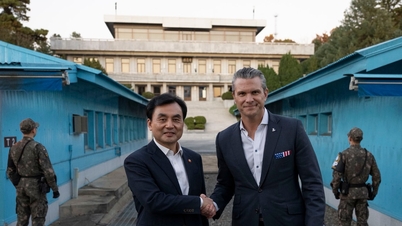
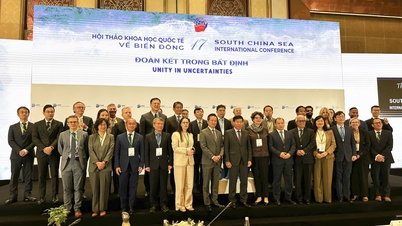

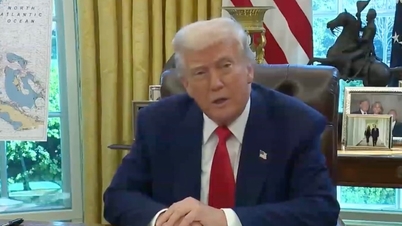
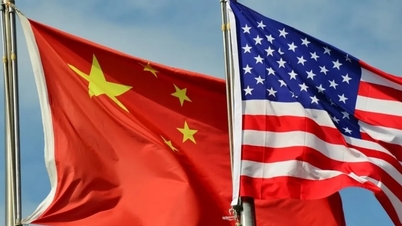
















































































Comment (0)